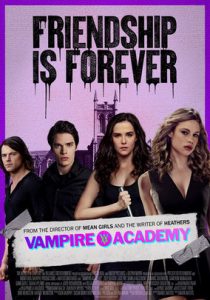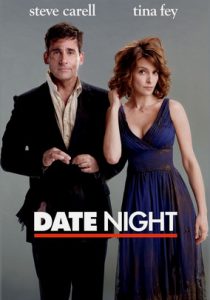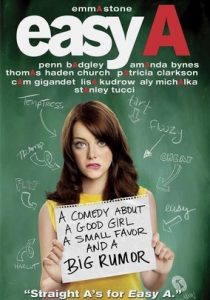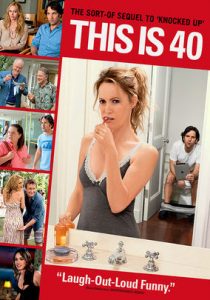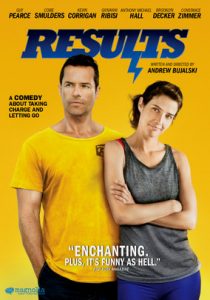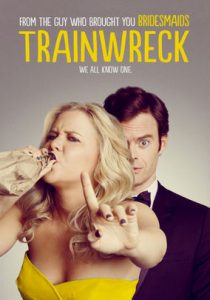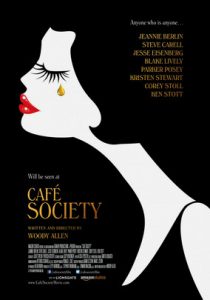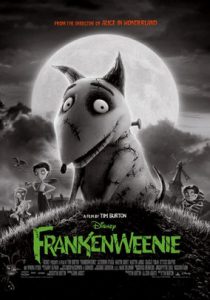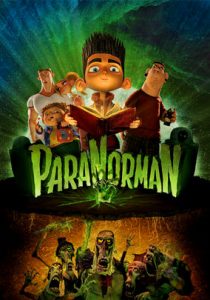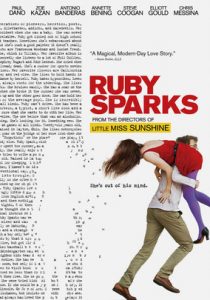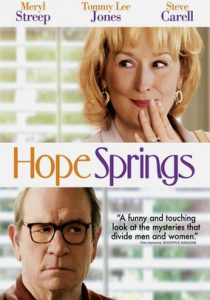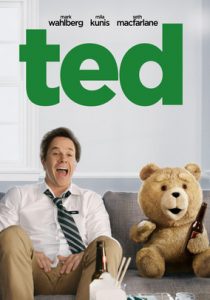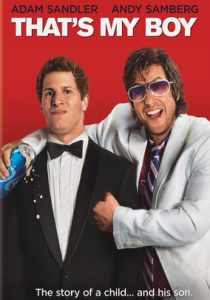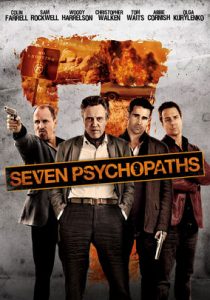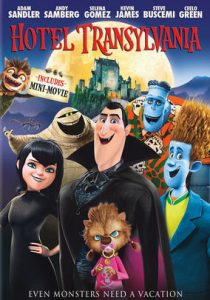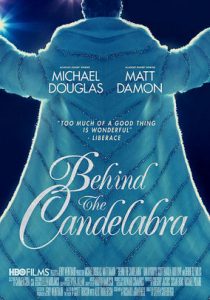Vampire Academy-2014
Director Mark Waters
Starring Zoey Deutch
Scott’s Review #482
Reviewed September 18, 2016
Grade: C
Vampire Academy (2014) is a teenage intended mixture of Harry Potter meets Heathers meets Twilight. It is escapist fare and is quite light, but rather fun in an amateurish way.
I am certain the target audience is of the teenage, female persuasion, but when traveling one can be limited in film options.
Hence, on a chilly night in Norway, this film kept us occupied.
The story features a half-human-half vampire named Rose, a teenage girl, who aspires to be a guardian, and who is called back to a boarding school to uncover a hierarchical web of secrets, lies, and plots.
She is accompanied by her best friend Lissa.
Predictably, there is a romantic angle to the story as Rose has feelings for Dimitri, a fellow guardian.
The film itself is fine- it knows the demographic it is going for and young adults are sure to enjoy the compelling drama, likable leads, and attractive cast.
From a film critique standpoint, there is nothing wrong with the film, but it is a bit generic and slightly predictable- from the romantic perspective, though impressively the ending is a bit of a surprise and a whodunit.
Impressive also is Sarah Hyland (Modern Family), as nerdy classmate Natalie, who seems to be the brains and the keeper of gossip throughout the academy.
The role is against type for the young actress and she does very well.
It is tough not to compare this film to the Harry Potter series of films since many aspects of Vampire Academy mirror Harry Potter- only with a female in the driver’s seat. The mysterious teachers and characters are also reminiscent of the fantastical Harry elements.
Unfortunately, a planned sequel was scrapped due to a lack of interest, which surprised me. I would anticipate a film like this to be a hit and perhaps introduce a franchise, but not to be.
An adequate young adult film that borrows from other films and also harkens back to the days of teen-minded genres of the past, specifically the 1980’s.
